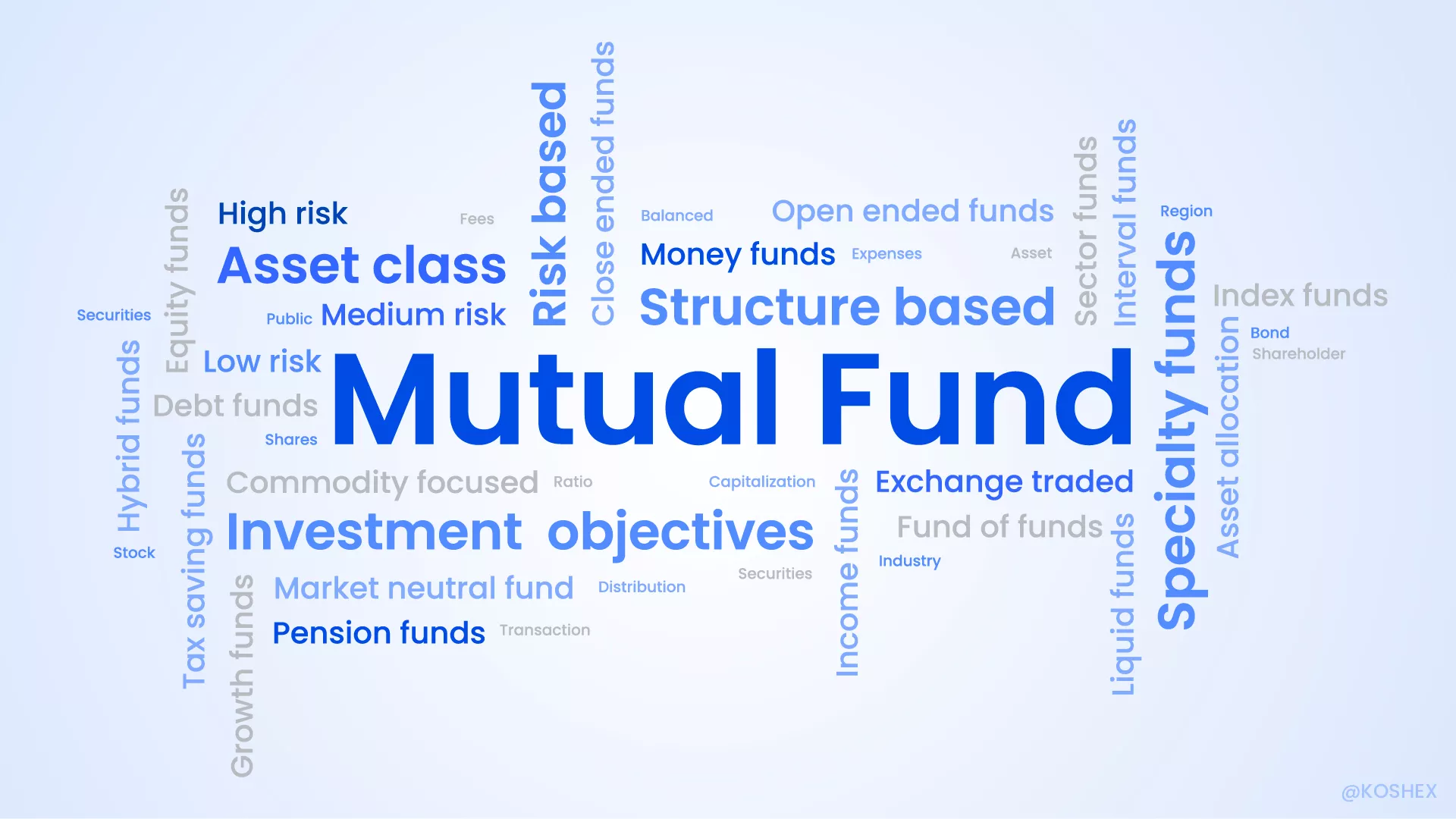Mutual funds are a popular investment vehicle for individuals and institutions. Understanding the intricacies of mutual funds is essential for investors to make informed decisions. One critical aspect of mutual funds is the redemption price of mutual fund shares. This article delves into the concept of redemption price, its significance, and how it is calculated.
Understanding Mutual Funds
Mutual funds pool money from multiple investors to invest in a diversified portfolio of securities. These securities can include stocks, bonds, money market instruments, and other assets. Professional fund managers manage mutual funds with the goal of generating returns for investors.
Types of Mutual Funds
Equity Funds: Invest primarily in stocks.
Debt Funds: Invest in bonds and other debt instruments.
Hybrid Funds: Combine equity and debt investments.
Money Market Funds: Invest in short-term, high-liquidity instruments.
What is the Redemption Price?
The redemption price is the amount an investor receives when they sell or redeem their mutual fund shares. It is a critical factor for investors who need to liquidate their investments.
Importance of Redemption Price
Liquidity: It determines how much cash an investor gets upon redemption.
Investment Decisions: Influences the timing of buying and selling mutual fund shares.
Performance Measurement: Helps in evaluating the performance of a mutual fund.
How is the Redemption Price Calculated?
The calculation of the redemption price involves several steps and factors. It is typically based on the Net Asset Value (NAV) of the mutual fund.
Net Asset Value (NAV)
NAV is the per-share value of a mutual fund’s assets minus its liabilities. It is calculated at the end of each trading day. The formula for NAV is:
NAV=(Total Assets−Total Liabilities)/Number of Outstanding Shares
Factors Influencing NAV
Market Performance: Changes in the market value of the fund’s investments.
Dividends and Interest: Income generated from the fund’s holdings.
Expenses: Management fees and other costs associated with running the fund.
Capital Gains and Losses: Realized profits and losses from the sale of securities.
See Also: 8 Reasons Why Index Funds Are Popular
Calculation of Redemption Price
The redemption price is usually the NAV per share at the end of the trading day when the redemption request is made. However, some funds may charge fees that affect the redemption price.
Redemption Fees
Exit Load: A fee charged when an investor redeems shares before a specified period.
Contingent Deferred Sales Charge (CDSC): A fee that decreases over time, often used in Class B shares.
Redemption Price=NAV−Redemption Fees
Example Calculation
Suppose an investor owns 100 shares of a mutual fund with the following details:
NAV per Share: $50
Exit Load: 1% for redemptions within one year
If the investor redeems the shares within one year, the redemption price per share would be:
Redemption Price=$50−(1%×$50)=$50−$0.50=$49.50
Total amount received by the investor:
100 shares×$49.50=$4,950
Impact of Market Fluctuations on Redemption Price
Market fluctuations significantly affect the NAV and, consequently, the redemption price. The value of the underlying securities in the mutual fund portfolio can rise or fall based on market conditions.
Bull Markets
In a bull market, the value of securities generally increases, leading to a higher NAV and redemption price. Investors may benefit from selling their shares during such periods.
Bear Markets
In a bear market, the value of securities generally decreases, leading to a lower NAV and redemption price. Investors might incur losses if they redeem shares during these periods.
Redemption Process
The process of redeeming mutual fund shares involves several steps:
Initiating a Redemption Request
Investors can initiate a redemption request through various channels:
Online Platforms: Most mutual funds offer online redemption options.
Phone: Investors can call the fund’s customer service.
Mail: Submitting a written request via mail.
Processing the Request
The mutual fund company processes the redemption request based on the NAV at the end of the trading day. The redemption price is calculated, and the proceeds are transferred to the investor’s account.
Settlement Period
The settlement period is the time it takes for the redemption proceeds to be credited to the investor’s account. It typically ranges from one to three business days, depending on the fund’s policies.
Tax Implications of Redemption
Redeeming mutual fund shares can have tax implications for investors. Understanding these implications is crucial for effective financial planning.
Capital Gains Tax
Short-Term Capital Gains: Gains from shares held for one year or less, taxed at the investor’s ordinary income tax rate.
Long-Term Capital Gains: Gains from shares held for more than one year, taxed at a lower rate.
Tax Loss Harvesting
Investors can offset capital gains with capital losses from other investments, potentially reducing their tax liability.
Strategies for Maximizing Redemption Value
Investors can adopt various strategies to maximize the value they receive upon redemption:
Timing the Market
While market timing can be challenging, some investors attempt to redeem shares during favorable market conditions to maximize gains.
Long-Term Investment
Holding mutual fund shares for the long term can reduce the impact of short-term market fluctuations and redemption fees.
Diversification
Investing in a diversified portfolio of mutual funds can mitigate risk and improve overall returns, enhancing the potential redemption value.
Risks Associated with Redemption
Redeeming mutual fund shares involves certain risks that investors should be aware of:
Market Risk
The value of mutual fund shares is subject to market risk, and the redemption price can fluctuate based on market conditions.
Liquidity Risk
Some mutual funds may invest in less liquid assets, affecting the fund’s ability to meet redemption requests promptly.
Fee Risk
High redemption fees can significantly reduce the amount an investor receives upon redemption.
Comparing Redemption Price with Purchase Price
The redemption price can be compared with the purchase price to evaluate the performance of an investment.
Purchase Price
The purchase price is the price at which an investor buys mutual fund shares, usually based on the NAV at the time of purchase plus any applicable sales charges.
Total Return
Total return includes capital gains, dividends, and interest received during the holding period. It is a comprehensive measure of an investment’s performance.
Total Return=(Redemption Price−Purchase Price+Dividends and Interest)/Purchase Price
Conclusion
The redemption price of mutual fund shares is a vital factor for investors to consider. It determines the amount received upon redeeming shares and is influenced by various factors, including the NAV, redemption fees, and market conditions. Understanding the redemption process, tax implications, and strategies for maximizing redemption value can help investors make informed decisions and achieve their financial goals. By staying informed and adopting sound investment practices, investors can navigate the complexities of mutual funds and optimize their returns.
Related topics:






























